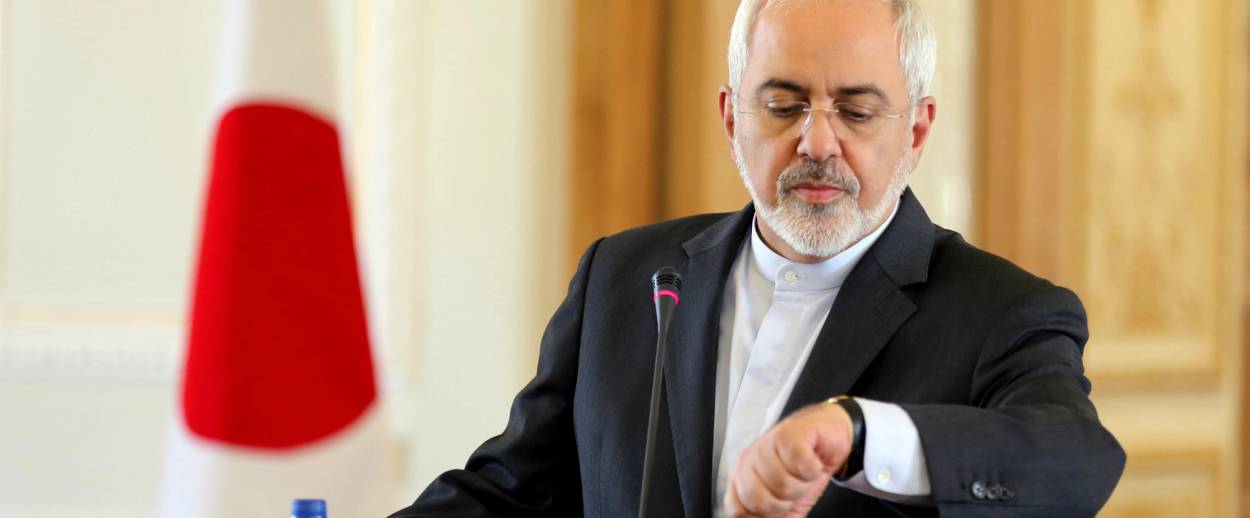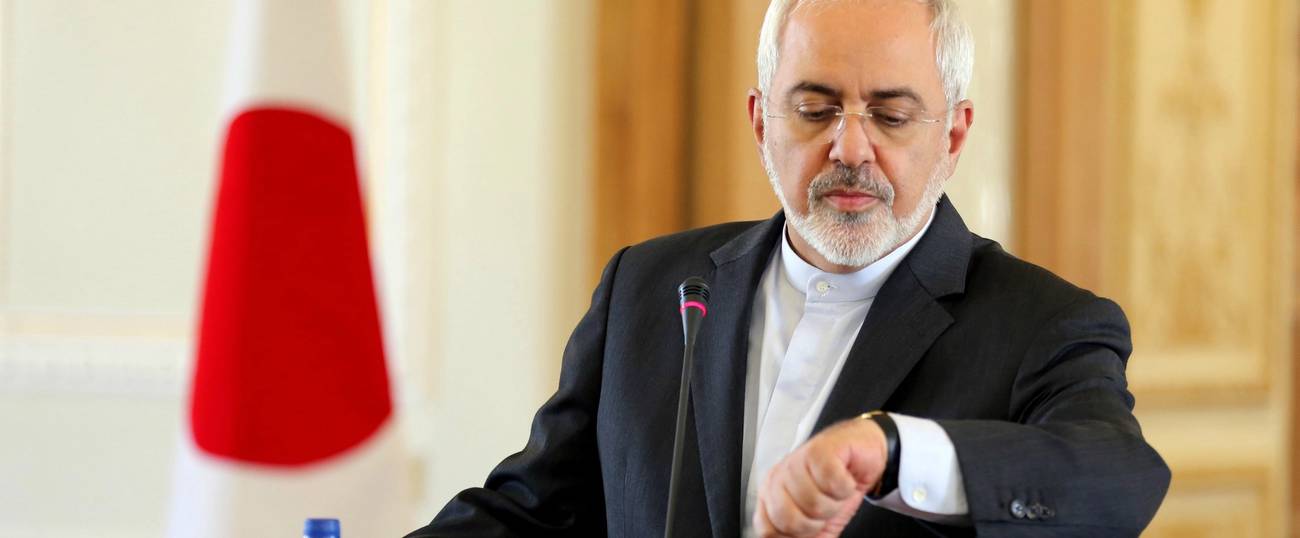Iran’s Parliament Votes to Endorse Nuclear Deal
After a heated session in Tehran, lawmakers pushed the bill forward in a victory for President Hassan Rouhani




The Iran nuclear deal, however slowly, continues to truck along.
On Tuesday, nearly three months since the P5+1 world powers (China, France, Russia, the United Kingdom, the United States, plus Germany) struck a deal with Iran, the parliament in Tehran voted in favor of implementing the nuclear deal on its own turf. Following a reportedly heated debate, lawmakers in Tehran approved the bill, with 161 voting in favor, while 59 voted against, and 13 abstained. The bill is now passed on the a group of 12 senior clerics called the Guardian Council, where it is expected to be approved. Supreme Leader Ayatollah Khamenei, however, has the final say.
The deal, which limits Tehran’s nuclear capabilities and prevents it from getting The Bomb (that’s the object, at least) in exchange for international sanctions relief, is being viewed by many as a victory for Iranian President Hassan Rouhani who has worked to sell the deal, and who heads the Supreme National Security Council, the organizational body in charge of implementing it.
The deal, barring “some unforeseen international disaster or leaked revelation,” writes Tablet senior writer Yair Rosenberg, is likely to be implemented by the American government, as well. Tablet contributor Thomas R. Pickering writes that the deal, on its surface, could have the following positive effect:
It resolves a serious nonproliferation problem for at least 15 years and likely beyond. It sets U.S.-Iranian relations on a new course. It opens the door of possible change in the Middle East region while at the same time also raising issues for key U.S. relationships there.
And yet, there are concerns—many of them.
Previous: Iran Will Hire Iran to Inspect Nuclear Facilities in Iran That Iran Denies Having
Related: A Guide for the Perplexed: The Iran Nuclear Agreement
Meet the Iran Lobby
Dear Mr. President
Crossing a Line To Sell a Deal
Jonathan Zalman is a writer and teacher based in Brooklyn.